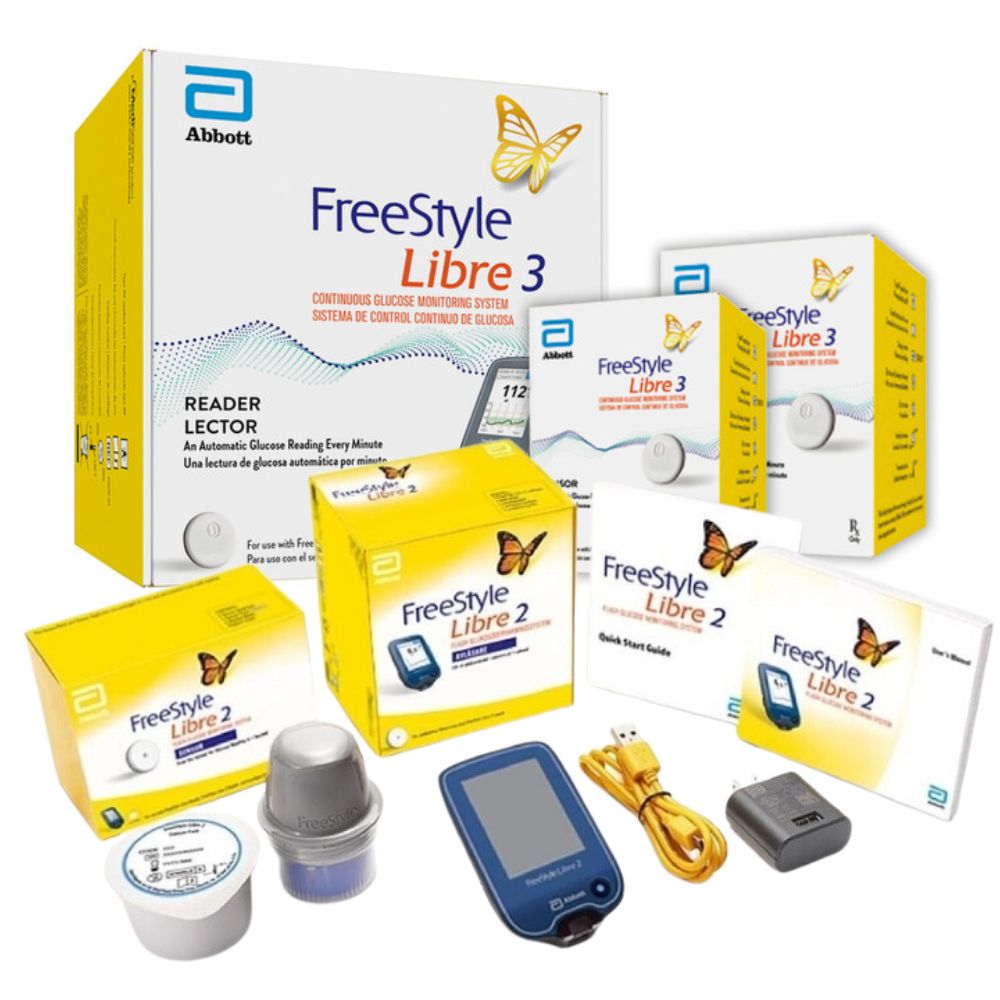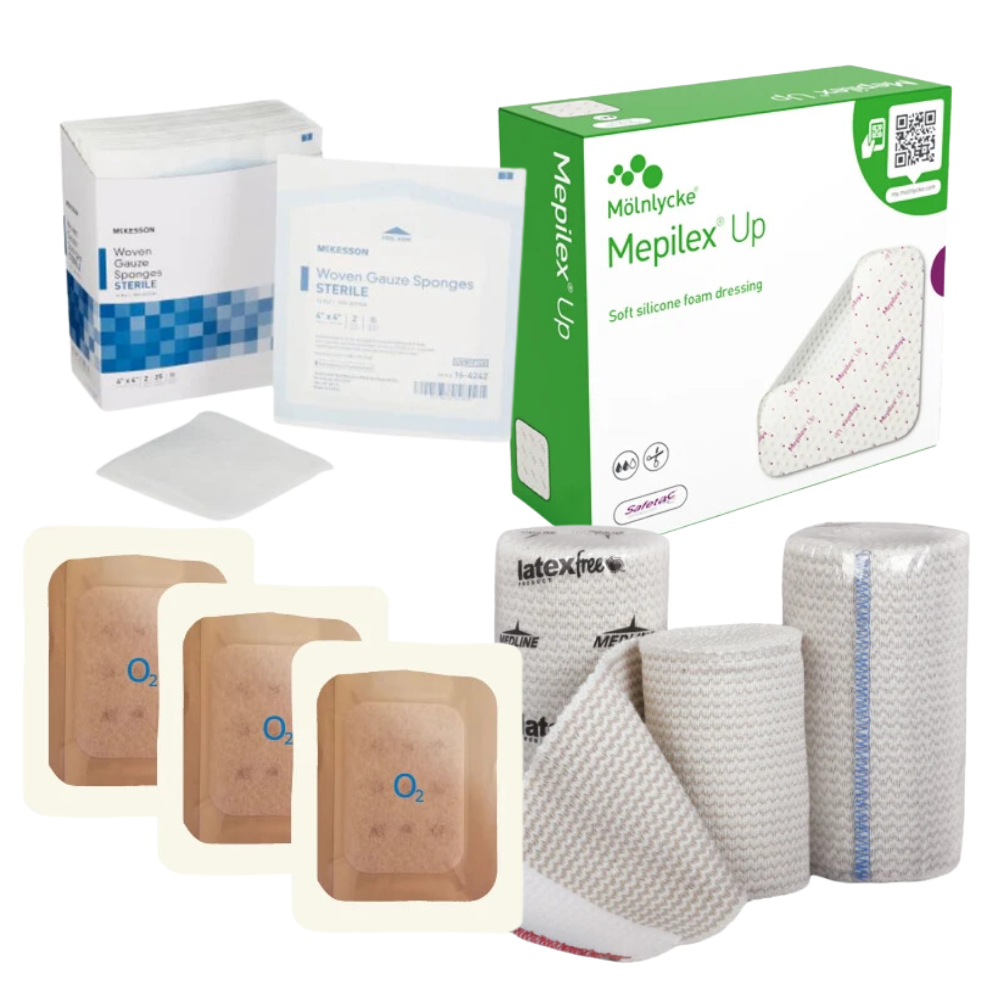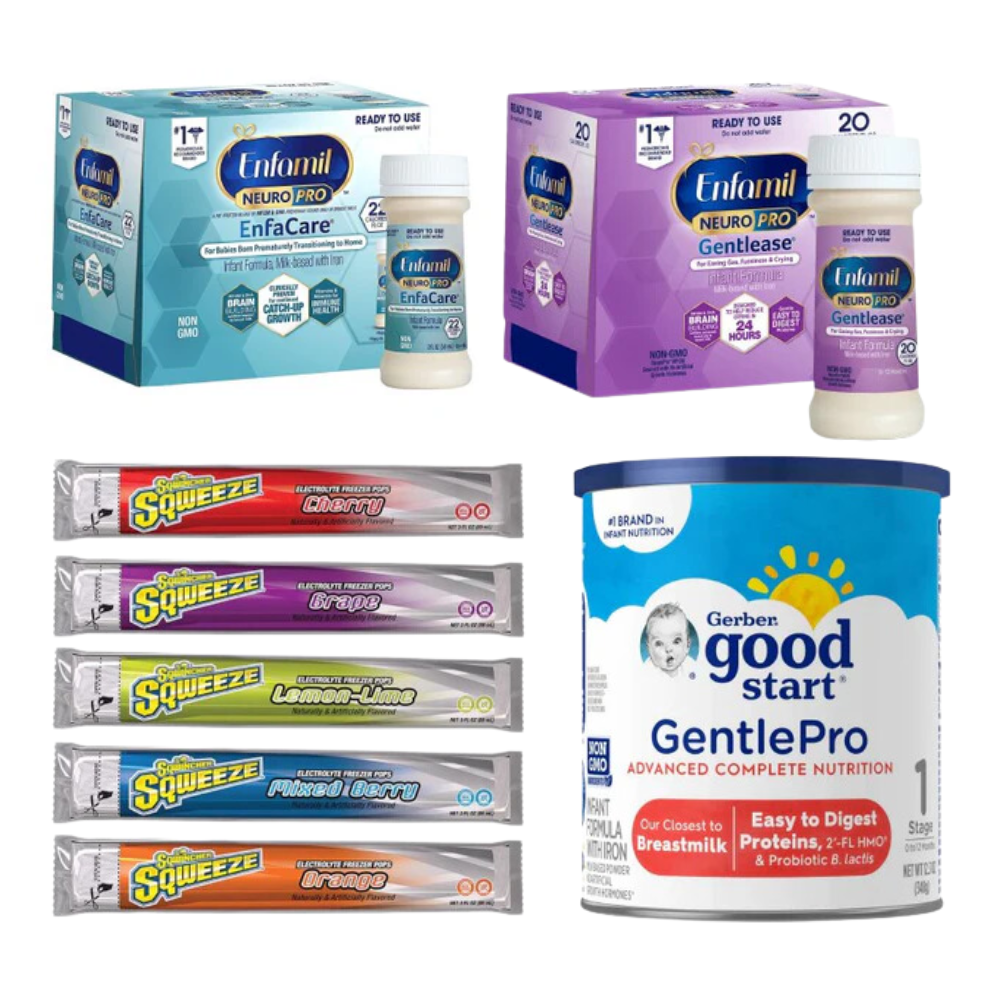
Proper wound care is critical to ensure fast healing and to prevent complications such as infections or scarring. Yet, misconceptions about wound healing and treatment persist, often leading to improper care. To help you separate fact from fiction, we’re debunking the most common myths about wound care.

Myth #1: Letting a Wound “Air Out” Speeds Up Healing
Fact: Many people believe that exposing a wound to air helps it heal faster, but this is not true. Modern wound care experts emphasize that wounds heal better in a moist environment. Moisture encourages cell regeneration and reduces the risk of scarring. Using advanced wound dressings designed to maintain a moist environment is key to faster wound healing.

Myth #2: You Should Always Use Hydrogen Peroxide or Alcohol
Fact: While hydrogen peroxide and alcohol are often used for cleaning wounds, they can harm healthy tissue and delay healing. Effective wound care solutions recommend cleaning wounds with saline solution or mild soap and water for safe and gentle cleansing.

Myth #3: A Scab Is a Sign of Proper Healing
Fact: Scabs might seem like a natural part of healing, but they can actually slow down the process. A scab creates a barrier that can impede new tissue growth. To promote better healing, use wound care products such as hydrocolloid dressings or silicone gels that keep the area moist and scab-free.

Myth #4: Minor Wounds Don’t Require Special Care
Fact: Even small cuts and scrapes can lead to infections if neglected. Proper wound care management for minor injuries involves cleaning the wound, applying antibiotic ointments, and using a sterile bandage to prevent infection and promote healing.

Myth #5: Removing Stitches Early Is Safe
Fact: Stitches are designed to hold the wound together while it heals. Removing them prematurely can result in the wound reopening or scarring. Always follow your doctor’s advice regarding stitch removal and any follow-up wound care instructions.

Myth #6: Painless Wounds Are Healing Fine
Fact: Just because a wound isn’t painful doesn’t mean it’s healing properly. Chronic wounds, such as diabetic ulcers, may be painless but can become infected or fail to heal. Regularly monitor the wound for signs of infection, such as redness, swelling, or unusual discharge, and seek professional wound care treatment if needed.

Myth #7: All Wound Care Products Are the Same
Fact: Not all wound dressings or products are created equal. Specific wounds require specific care. Options like antimicrobial dressings, silicone gels, and foam pads are designed for different wound types. Investing in high-quality advanced wound care products can make a significant difference in the healing process.

Myth #8: Antibiotics Are Necessary for All Wounds
Fact: Antibiotics should only be used when there is a clear sign of infection. Overuse can lead to antibiotic resistance and side effects. Instead, focus on proper wound cleaning, dressing, and the use of antimicrobial wound care supplies to prevent infections naturally.
Your Partner in Proper Wound Care
Dispelling myths is the first step toward better healing. Whether it’s a minor scrape or a complex wound, having the right tools can make a world of difference. At CureMedRx, we provide high-quality wound care supplies for every need:
- Explore the Advanced Wound Care Collection for specialized dressings and solutions.
- Browse the General Wound Care Collection for everyday essentials.
- Check out the Kits and Trays Collection for complete wound care solutions in one package.




